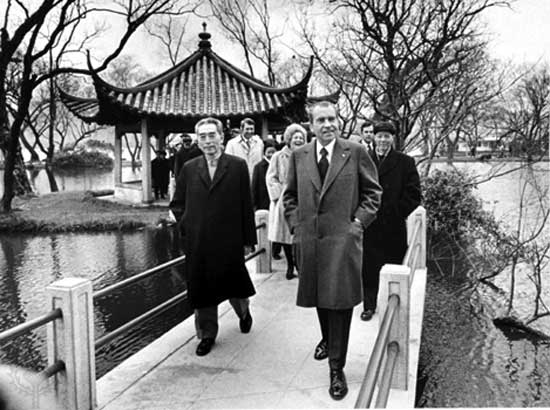Back in the day, I spent 25 years in financial services, ultimately becoming one of Britain’s first fee-based financial planners. When it came to advising clients on their investment portfolios, there was a saying:
investment advisors take the credit for things they didn’t do and the blame for things they couldn’t influence
Much the same can be said today about those advisors who assist dentists with their marketing.
I refer to web developers, search engine optimisers, digital and direct marketers, graphic designers – even business coaches.
The problems arise when the subject of ROI (return on investment) comes up.
There’s hardly a week goes by that I don’t hear a frustrated Principal telling me that “we spent money on X and we have no idea what our ROI is”.
There are three potential reasons why this might be the case:
- your marketing idea sucks;
- your marketing advisor is delusional;
- your interrogation and analysis of the source of new patients is flawed;
- the assumption that a new patient arrives because of one single activity is inaccurate.
The chances are that you are going to jump to the conclusion that either items 1 or 2 are the cause.
It ain’t necessarily so.
I want to argue for causes 3 and 4.
(p.s. part of the problem here is that marketing advisors can sometimes be very poor at explaining themselves)
A new patient’s route to your practice can be very convoluted:
- A year ago, on my commute to work, I saw your “Whitening Wednesday” banner outside the practice;
- Three months ago, I read an article about your fund-raising in a local newspaper;
- Last week, I mentioned to a friend that I was looking for a dentist and they recommended you;
- On Sunday, I had a look at your web site and checked your Facebook reviews;
- Yesterday, I called the practice and your receptionist was lovely and helpful.
So – when a TCO comes to ask me “what brought you to us?”, what answer do I give (am I going to go through all of that with you?).
Chances are, I will pick one of the actions above (web site?) – and your team member will dutifully tick the box that says “internet”.
The dentist then tells me that “we had a banner outside advertising tooth whitening but it didn’t seem to bring much business in”.
So what we conclude from this is that in 2017, new patients may have a variety of touch points with you on their way to the front desk, some more important than others (in this case, perhaps the friend’s recommendation and the call with the receptionist) but THEY ALL play a part in creating my AWARENESS of the fact that you exist and have a good reputation.
There are certain marketing activities that might be directly measurable for ROI, for example, a leaflet drop with an 0800 number, but even that creates awareness over time (especially if repeated) and so the ROI over three months can be very different from the ROI over three years.
In my own experience, I can’t tell you whether a new coaching client arrives because of this blog, my newsletter, my web site, an article in a magazine, a presentation I give at a conference or a recommendation from another dentist.
What I can tell you is that if you add all of those activities together and multiply by 21 years, there isn’t a week that goes by without somebody asking for help with the opening sentence “I’ve been following your stuff for years”.
I’ve created huge AWARENESS.
So in dental practice, you need:
- excellent patient communication at recall;
- effective use of social media;
- a great web site;
- a blog and/or regular email newsletter;
- occasional advertising campaigns, digital or print media;
- morning huddles and end of treatment reviews that identify centres of influence and encourage them to recommend;
- a good reputation in the local community.
If you add all of these together and multiply by X years – then you get awareness – and that’s far more valuable than the ROI for one single action.
marketing advisors take the credit for things they didn’t do and the blame for things they couldn’t influence
Legend has it that, while preparing Richard Nixon for his historic visit to China in 1972, Henry Kissinger mentioned that Chinese Prime Minister Chou En-Lai was an avid student of French history.
During his trip, Nixon met with Chou in the walled garden of the Forbidden City. As they walked slowly around the lily ponds, Nixon remembered Kissinger’s comment. To break the ice, he asked Chou what he thought had been the impact of the French revolution on western civilization.
Chou En-Lai considered the question for a few moments. Finally, he turned to Nixon and replied, “The impact of the French Revolution on western civilization – too early to tell.”
What do I think the impact of your current marketing activity will be on new patient numbers?
It’s too early to tell.

